The Right Way to Interview Construction & Engineering Candidates

A job interview is a crucial part of any hiring process. When done well, it can be the difference between choosing a great candidate to join your business or hiring that one-in-a-million person who will help take your company to new heights. A great interview achieves two things: gathering quality information to aid a final hiring decision; and selling your company to keep an ideal candidate engaged. Whether you’re new to interviewing or a seasoned professional, here are several tips on how to interview Construction and Engineering candidates to help make the right hire every time.
Prepare for the Job Interview
To help decide what type of interview would be best to proceed with and who to involve, go over the job description and agree on the criteria the candidate would be assessed on. This would include the qualities, skills, knowledge, and experience your business needs from this hire.
Afterwards, consider how many stakeholders would need to be involved in the interview process. For example, include the prospective employee’s Manager and potentially, any other key stakeholders they would frequently collaborate with, such as the Construction Site or Engineering Manager. What type of interview you need to conduct should come clear once all the preparations have been completed. Here is a quick breakdown of the various job interview types:
- Face-to-face interview:
A standard and effective formal interview with one or two interviewers
- Video interview:
An alternative to the face-to-face interview, when it's not possible to meet in person
- Panel interview:
A formal group interview involving three or more interviewers that is suitable for larger organisations
- Phone interview:
A brief over-the-phone interview that is suitable for early candidate screening but not as a formal interviewing technique
- Informal interview:
An informal interview, often in an informal setting with one or two interviewers and suitable for smaller organisations
Traditional Interview Questions
To ensure everyone is on the same page, it’s a great idea to hold a brief meeting and set out what questions will be planned to be asked for the interview. Traditional interview questions are a great place to start as they’re reasonably straightforward and easy for the candidate to answer, which can help them relax into the interview before you ask more thought-provoking and detailed questions. A few examples of these questions include: “How would you describe yourself?”, “What are your strengths?” and “What caused you to leave your last role?”
Behaviour-based Interview Questions
Many jobs within the Construction and Engineering sectors require significant hands-on experience with various tasks and responsibilities. Behaviour-based interviewing can enable candidates to demonstrate how they have the knowledge, skills, and experiences needed to get the job done. On top of that, these types of questions can also help to identify prospective employees who have the behavioural traits and characteristics needed to thrive in your business.
To do that, behavioural-based interview questions focus on a situation from a candidate’s history to gauge skills and behaviours such as handling pressure and stress, problem-solving, leadership and time management.
Whilst there are many forms of behaviour-based interview questions, we recommend using the STAR approach to familiarise the interviewers with this type of interviewing:
Situation– Describe a work situation where you were faced with a challenging problem that you struggled to solve.
Task– What role did you play in this?
Action– How did you handle this?
Result– What was the outcome?
Ask Follow-up Questions
Whilst having a plan of what questions will be asked can be hugely beneficial, encourage the interviewers to focus on digging further into a candidate’s answer rather than working through the list of predetermined questions. For example: “Why did you go with this strategy?” or “In hindsight, what would you have done differently?”
This tactic allows the interviewers to decipher whether your prospective employee is really speaking from experience or making it up as they go along, based on the detail of the information they provide. It can also help to uncover any red flags, such as an unwillingness to compromise or inability to learn from one’s mistakes.
Avoid Illegal Interview Questions
In an interview setting, it is crucial to avoid asking illegal questions. Both Australian and New Zealand law prohibits any type of direct or indirect discrimination against an applicant’s race, colour, descent or national or ethnic origin. However, many interviewers ask seemly innocent ice-breaking questions such as: “Where are you from?”, without knowing that within the confines of an interview, it can be perceived as discriminatory if at a later stage they don’t get the job. If you’re ever in any doubt about the legalities or relevance of certain interview questions, always seek specialist advice from either your HR, legal or recruitment partners prior to the interview taking place.
Summary
Like many other skills, interviewing is something that will be improved on over time. That being said, the above tips can provide an excellent place to start and it’ll always be worth reviewing interviewing processes to ensure your business has the best possible chance of securing great people. If you’re struggling to find fantastic Construction and Engineering professionals or would like more advice on effective interviewing techniques, get in touch with us today.

Quick Links
Contact us
Welllington, NZ
Auckland, NZ
Kapiti, NZ








Email reception@roblawmax.co.nz
Tel +64 4 499 8800
© Rob Law Max 2020. All Right Reserved.







